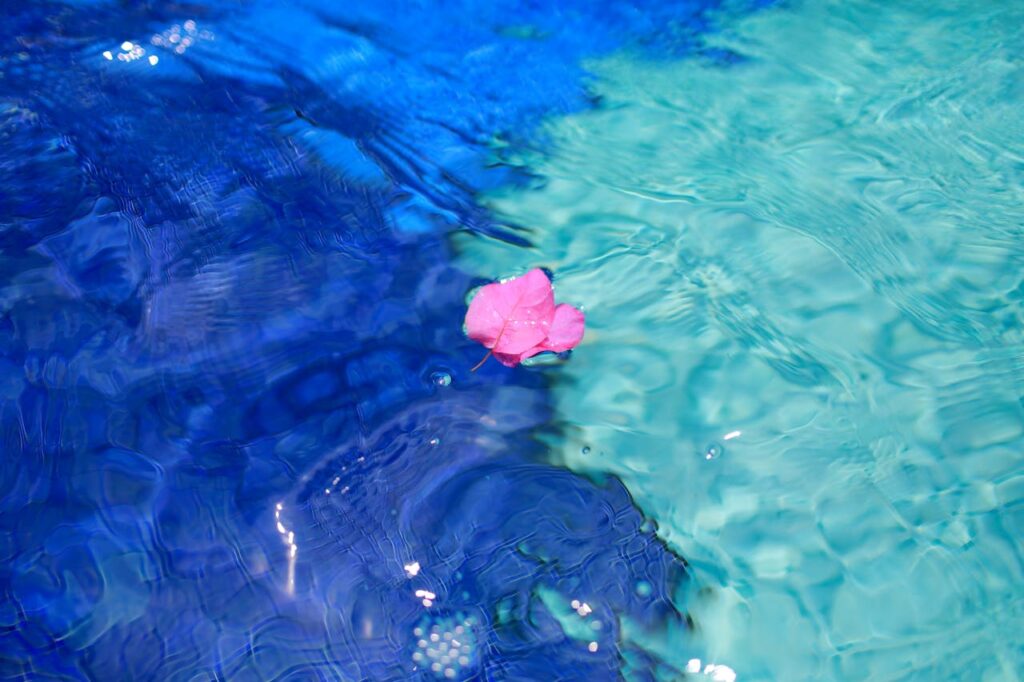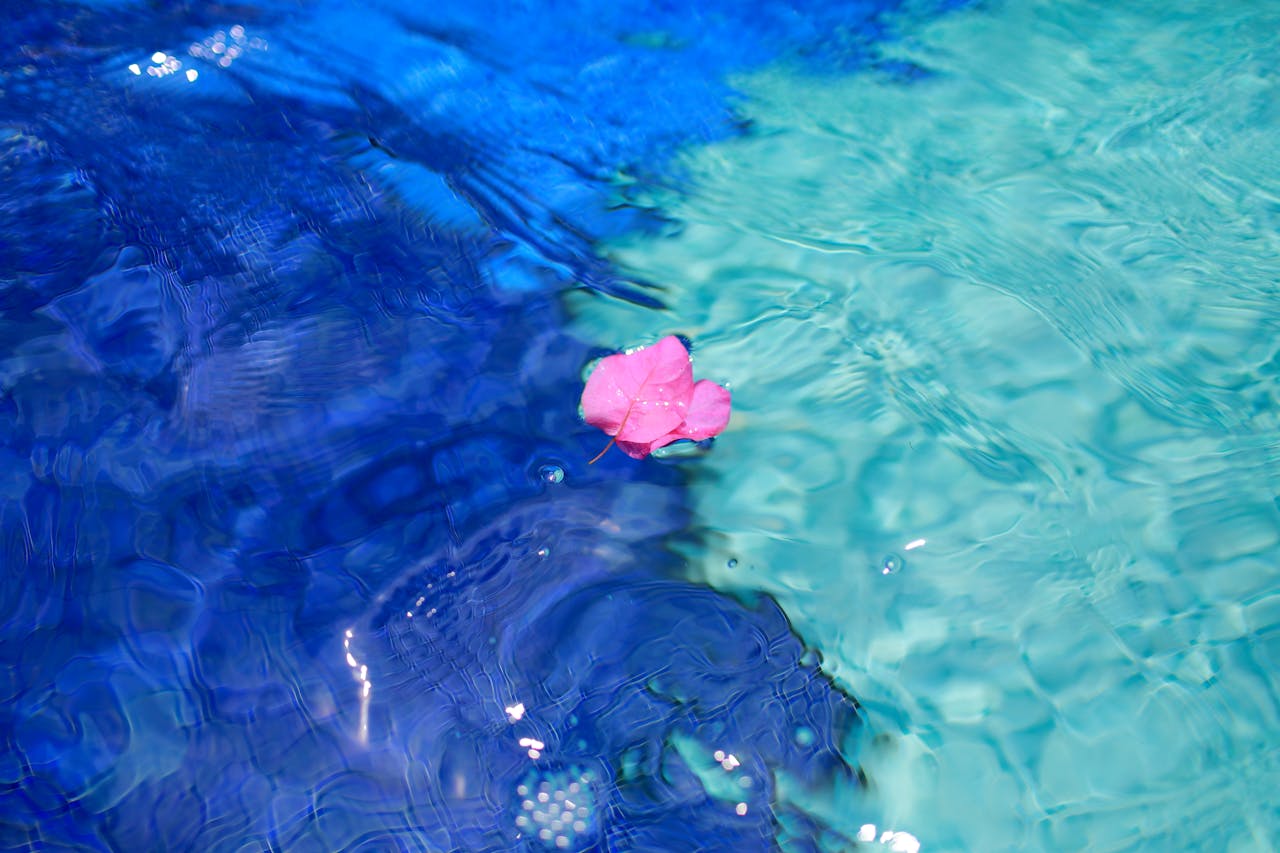What Is a Pool Clarifier and What Does It Do?
If your swimming pool is plagued with cloudy water despite perfectly balanced water chemistry and a high-quality filtration system, it may be time to add a pool clarifier to the mix. In this guide, we’ll discuss how these products work, when you should use them, and the benefits they offer to help you achieve greater clarity both in and out of the water!
What is a pool clarifier?
Pool clarifiers are dedicated powder or liquid chemicals designed to clear up cloudy pool water and simplify your spa maintenance routine.
How does a pool clarifier work?
A pool clarifier works by attracting and binding fine particles of debris in your pool water. As the chemical floats through the water, these small particles become bigger until they can be effectively captured by your filter.
When should you use a pool clarifier?
If you operate your filter appropriately and maintain proper water chemistry, optimizing pH levels, alkalinity, and calcium hardness, a pool clarifier may be all you need to combat cloudy water. It’s particularly effective at treating the effects of:

- Environmental debris: Clarifier can clear fine pollen, dust, or tiny dirt particles that slip through the filter.
- Heavy use: Oils, sunscreen residue, and dead skin cells can impact water quality, but a pool clarifier helps trap and release this unsightly waste.
- Dead algae: After shocking your pool to kill algae, a clarifier can flush the remaining debris down the drain.
However, if your pool chemicals are imbalanced, your filter is malfunctioning, or you have a live algae bloom, a clarifier will only mask the symptoms.
Is pool clarifier the same as shock?
No. In fact, you might think of shock as the opposite of pool clarifier. While a clarifier clumps together tiny particles of debris, shock kills bacteria, algae, and other contaminants by chemically breaking them down using chlorine tablets, powders, and other oxidizing agents.
Related reading: Pool Shock vs Chlorine: Choosing a Sanitizer
Benefits of having clarifier on hand
So, why should you keep a high-quality pool clarifier next to your vacuum and water chemistry test kit? Here are a few advantages to consider:
Better water quality
The most obvious benefit of a pool clarifier is crystal-clear, sparkling water with less effort. As tiny particles coagulate, they can no longer slip through your filter and tarnish your water quality.
Easier filtration
Even a top-of-the-line diatomaceous earth pool filtration system can struggle to remove the smallest bits of pollen, dust, and algae residue. Clumping together microscopic particles makes it easier for sand, cartridge, and DE filters to capture debris, reducing strain on your entire filtration system and improving circulation.
Prevent algae growth
We often think of algae as photosynthesizers, but some of these microorganisms actually eat fine organic particles that can linger in your pool. A pool clarifier eliminates these contaminants to make your spa less suitable for algae.
Related: What Is Pool Algaecide?
How does clarifier differ from flocculant?
Flocculant or floc is another chemical used to clear cloudy pool water, but several qualities distinguish it from a pool clarifier. Let’s discuss why a clarifier is usually the best option of these two products.
Easier to use
Pool clarifier is a set-it-and-forget-it approach to better water clarity. Simply add it to your pool, crank up your filter, and let the product work its magic. Floc is much more labor-intensive. After adding it to your pool, you must turn off your pump to allow the large particulates to settle to the bottom.
Then, you have to manually vacuum the debris on the waste setting, bypassing your filter, to prevent clogs. This uses more water, is more time-consuming, and demands much more muscle than a clarifier.
Works more slowly
It can take up to 72 hours for a pool clarifier to trap and eliminate debris, but that’s actually a good thing. By working slowly and steadily, the clarifier places less strain on your filtration system and prevents pressure spikes.
On the other hand, floc can capture debris overnight, sinking it to the bottom of your pool by morning. You’ll need to act quickly to remove it, which can be a hassle for pool owners without a dedicated waste line.
Works with all filter types
A pool clarifier helps all pool filters trap fine particles more efficiently without an increased risk of clogging. However, flocculants are only suitable for sand and DE filters with multiport valves, as these allow you to bypass the filter and vacuum to waste.
Related: Different Types of Pool Filters and How To Choose
Shop quality pool products and accessories at GPS Pools!
When it comes to pool care, the right team can help you simplify your routine maintenance and reduce your workload, allowing you to spend more time enjoying the good life. GPS Pools is dedicated to designing, installing, and maintaining residential and commercial swimming pools, so you can get back to what matters most. Explore our services and contact us today to learn more!

